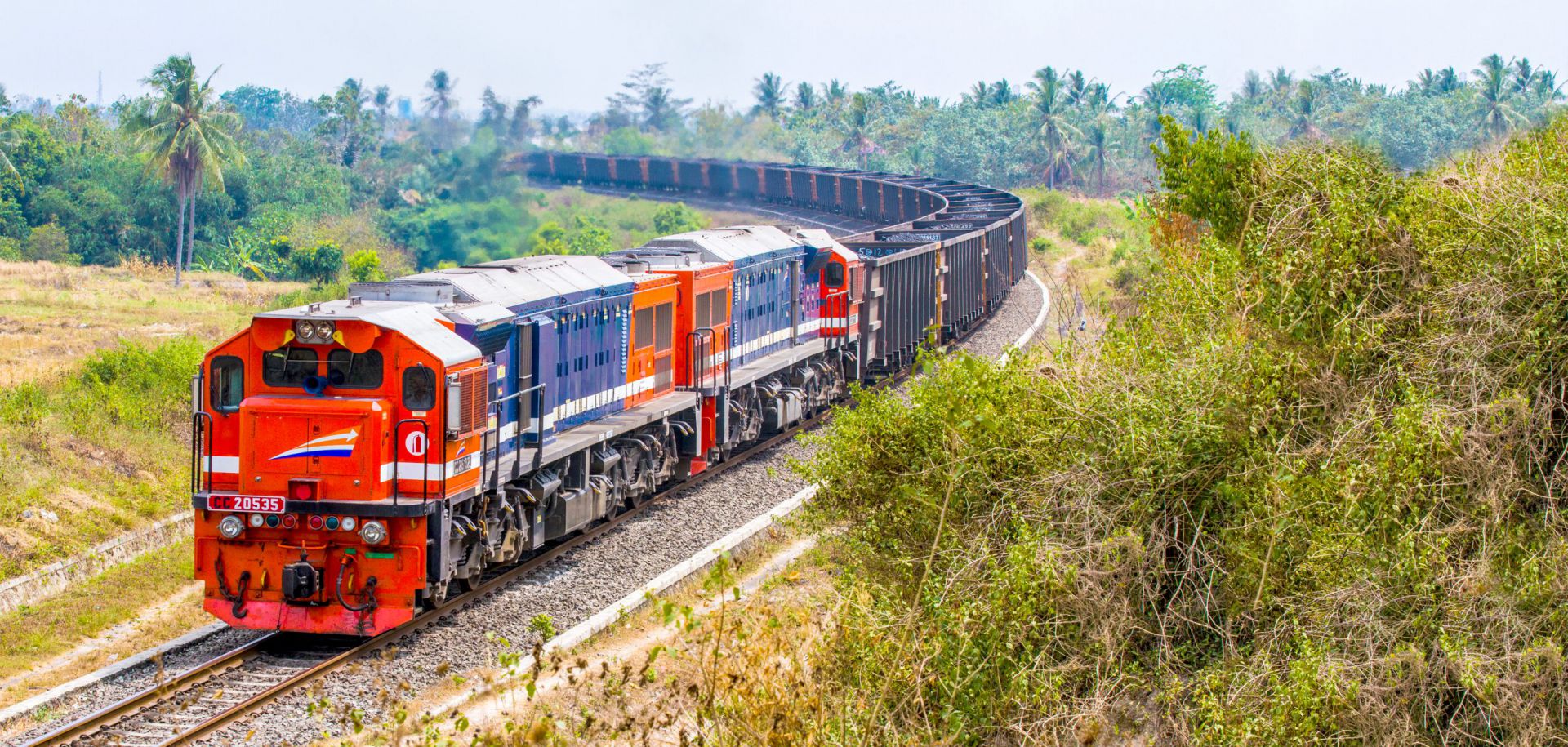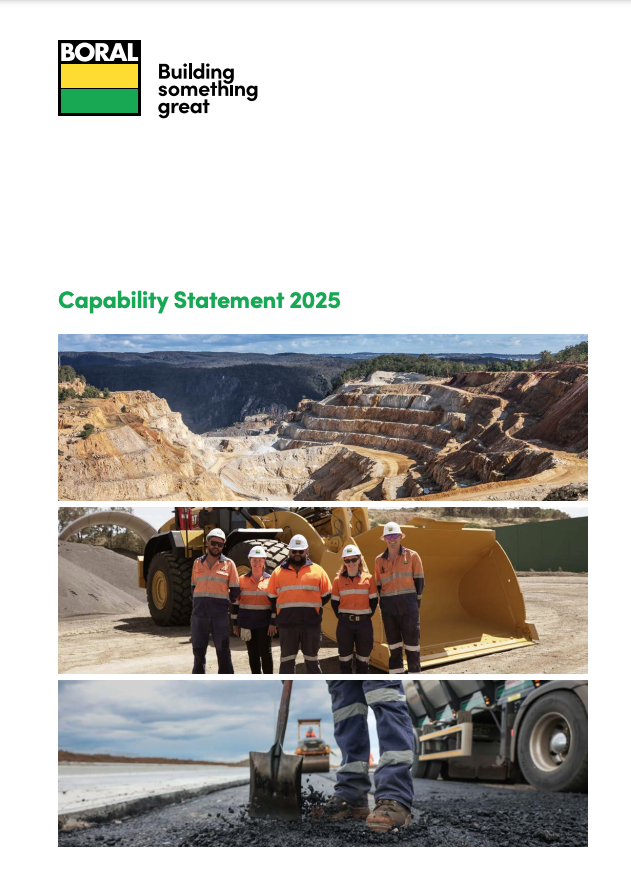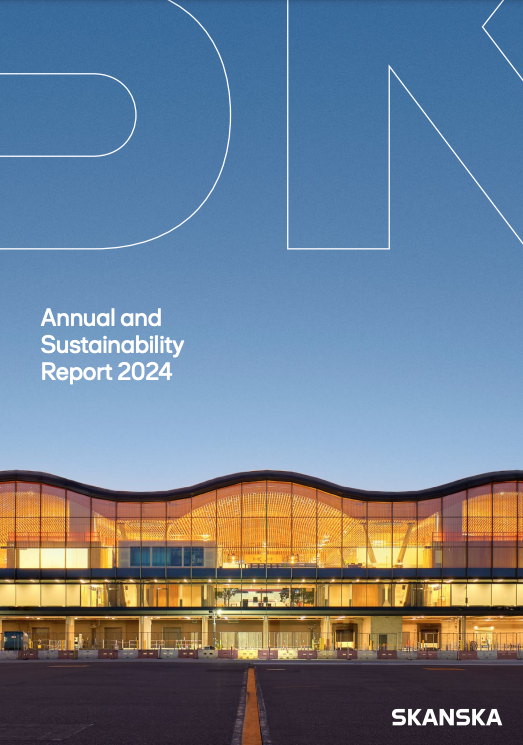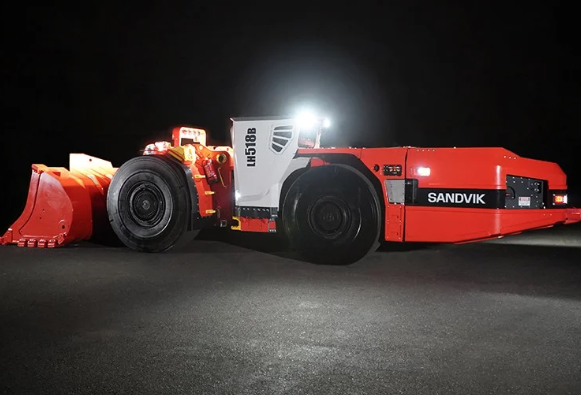Project Description

Journey forward
CLIENT: Appelberg Publishing Stockholm
PUBLISHED: SKF Evolution website
ORIGINAL ARTICLE: Journey forward
CREATED: June 2017
AUTHOR: Fallon Dasey
Indonesia’s state-owned rail operator PT Kereta Api Indonesia (Persero) annually moves more than 300 million passengers and some 30 million tonnes of freight. Now, with a major expansion of the network under way, the company is working hard to raise the levels of quality and professionalism.
The 17,000 islands that make up the nation of Indonesia are some of the most beautiful on the planet, covered with craggy volcanic mountains and tropical forests. But the same lush landscape that attracts millions of tourists to the country every year is also one of the challenges facing PT Kereta Api Indonesia (Persero), the state-owned operator of Indonesia’s rail system.
The country’s rail network, which serves the major islands of Java and Sumatra, frequently runs over soft volcanic soil that is prone to erosion when the annual monsoon rains arrive.
With much of the rail infrastructure operating at full capacity, preventing track loss and delays requires careful planning and vigilance.
“The climate can be a major challenge, particularly during the monsoon seasons,” explains PT KAI Executive Vice President for Logistics Pak Solihin. “The soil on Java, in particular, is used for agriculture and is very soft. But thanks to experience, we know the areas where we need to take special precautions, and we can work to prevent most incidents.”
PT KAI CEO Edi Sukmoro says despite challenges, including infrastructure shortages, the company transported some 326 million passengers and some 30 million tonnes of freight in 2015 along 5,000 kilometres of track.
Sukmoro explains that with Indonesia’s economy growing rapidly and its population now exceeding 250 million, a major expansion of the country’s rail network is currently under way. New or expanded lines are planned for completion on the country’s second and fourth most populous islands, Sumatra and Sulawesi, by 2018. The country also recently gave the green light to a Chinese and Indonesian consortium to build a high-speed rail link between the cities of Jakarta and Bandung on Java. In addition, a rail link is planned between Jakarta’s Soekarno-Hatta International Airport and downtown Jakarta.
“In the period 2014–2019, PT KAI’s planned investment will grow by close to 300 percent, a tripling of the level between 2010 and 2014,” Sukmoro explains. “The total investment will reach some IDR 22.2 trillion [1.49 billion euros].”
In step with the expansion, PT KAI is working to raise levels of quality and professionalism across the entire organization. Part of this process involves lifting the standard of the rolling stock in use and improving the quality of components and the maintenance carried out. The rolling stock fleet currently includes 516 locomotives, 1,722 passenger coaches and 8,171 freight wagons, in addition to 973 city trains. Significant volumes of additional stock will shortly be purchased for use on the expanded system.
Solihin explains that SKF has supplied tapered roller bearing units (TBUs) for use in wagons and coaches in PT KAI’s fleet for many years, and since 2012 SKF has been a contracted supplier of these bearings. C class TBUs produced at SKF’s factory in Nankou, China, are used in passenger car bogies, with C and D class TBUs used for wagons, depending on operating conditions.
“Much of the existing track is narrow gauge, and track conditions are not always optimal, so we need components with proven reliability and endurance,” explains Solihin. “SKF has proved that they can provide that.”
Solihin says that SKF’s approach is in keeping with PT KAI’s pursuit of excellence. “We are pleased to partner with SKF,” he says. “A long history of bearing innovation, high quality standards and engineering skills, and leading products mean that SKF provides the requisite service level to PT KAI.”
SKF also provides aftermarket sealing solutions, dismounting tools and training for maintenance teams at PT KAI’s regional workshops in Lahat, Tegal, Medan and Surabaya..
Ola Jernberg, managing director SKF Indonesia, says being a contracted supplier for TBUs is helping SKF evolve from being one of PT KAI’s transactional partners to a strategic partner. “PT KAI has shown its commitment to introducing rail infrastructure that will ensure Indonesia’s development in future,” he says, “and it is also 100 percent committed to raising professionalism in its operations. We hope to continue to provide them with maintenance methodology, tools and engineering knowledge to assist on that journey.”
Facts
PT Kereta Api Indonesia
Headquartered in Bandung, Java, PT Kereta Api Indonesia (Persero) is the state-owned operator of Indonesia’s rail network. Currently, the company operates services on Indonesia’s two largest islands: Java, with a population of 124 million, and Sumatra, with a population of 47 million. A major expansion of the network is under way.
www.kereta-api.co.id
SKF tapered roller bearing units (TBUs)
SKF TBUs are sealed and pre-lubricated tapered roller bearing units. They are supplied as complete ready-to-fit units, designed for easy and fast mounting. The bearings feature optimized micro-geometric raceway shapes, optimized contact between the roller end face and the inner ring flange, a logarithmic roller profile that effectively reduces edge stress, and safe and reliable polymer cages. Customer benefits include high safety and reliability, low energy consumption, easy mounting and low service-life costs. The main technical features include longer seal service life, extended grease service life, lower operating temperatures, lower energy use and increased environmental friendliness, all in all resulting in a more cost-effective operation.



